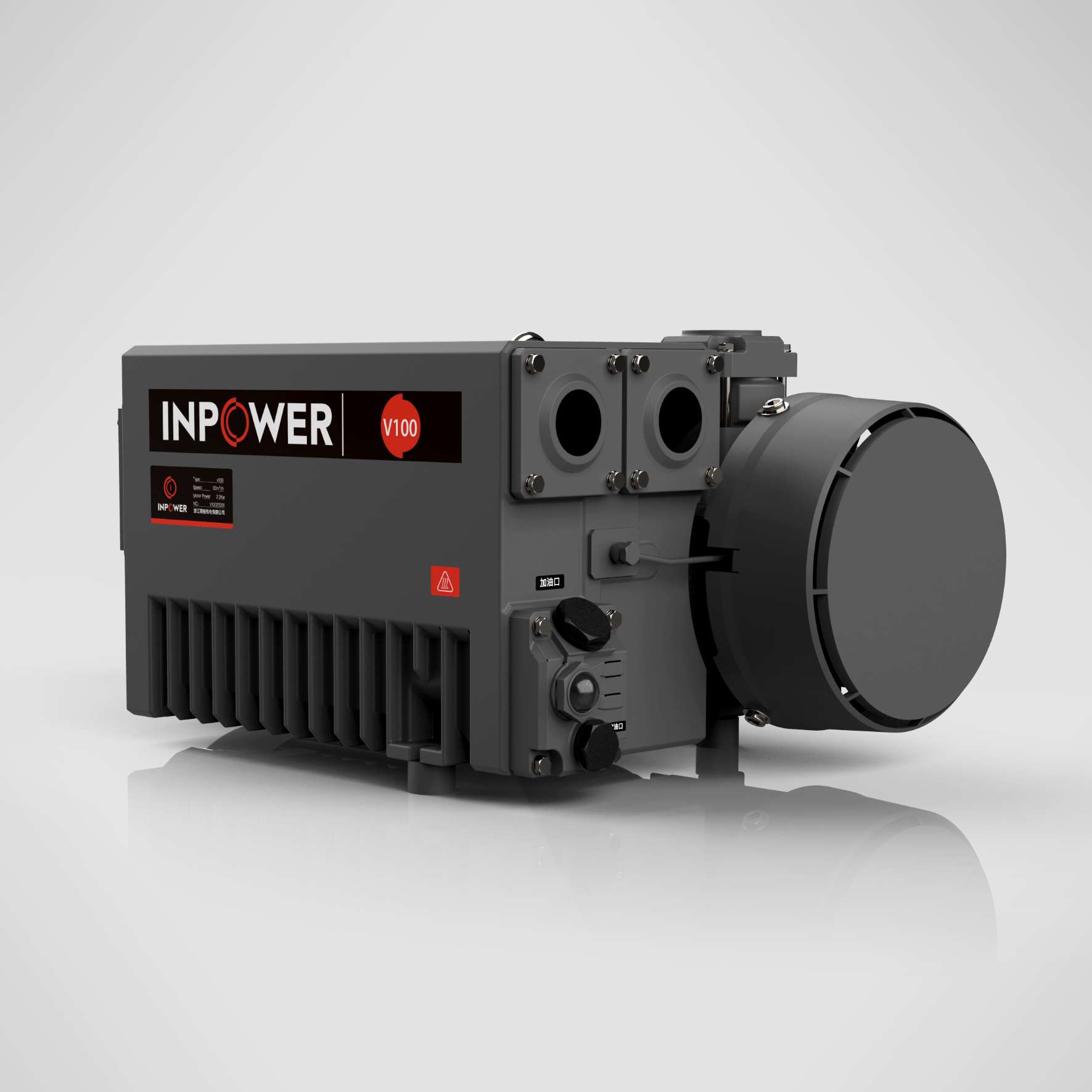Table of Contents
- Introduction
- Understanding Cleanroom Environments
- Why Vacuum Pumps are Crucial
- Types of Vacuum Pumps Used in Cleanrooms
- The Impact of Vacuum Pumps on Cleanroom Environments
- Best Practices for Maintaining Vacuum Pumps
- Conclusion
Introduction
In the pristine settings of cleanrooms, the significance of maintaining sterile conditions cannot be overstated. Cleanroom Companions: The Vital Role of Vacuum Pumps in Sterile Environments delves into how vacuum pumps contribute to the integrity of these sanitized spaces.
Their function ensures that cleanrooms remain uncontaminated, thus playing a pivotal role in various industries like pharmaceuticals, electronics, and biotechnology.
Understanding Cleanroom Environments
Cleanroom environments are specially designed rooms where airborne particles, environmental pollutants, and contaminants are meticulously controlled. The need for such environments arises in industries that require the utmost precision and cleanliness in their processes. Ensuring low levels of pollutants, such as dust and bacteria, is essential to meet industry standards and maintain product quality.
Why Vacuum Pumps are Crucial
The importance of vacuum pumps in cleanrooms lies in their ability to maintain controlled conditions by removing air and other unwanted particles. Vacuum pumps help:
- Control contamination
- Maintain air quality
- Support equipment performance
By creating a vacuum, these pumps extract contaminants and ensure that cleanroom environments remain pristine and meet their specific industry requirements.
Types of Vacuum Pumps Used in Cleanrooms
- Rotary Vane Pumps
- These pumps are widely used in cleanrooms for their efficiency in removing large volumes of air quickly.
- Diaphragm Pumps
- Known for their durability, diaphragm pumps are ideal for handling corrosive materials and ensuring contamination-free operations.
- Scroll Pumps
- Scroll pumps are quiet and oil-free, making them suitable for cleanrooms requiring high levels of cleanliness and minimal noise.
Each type of vacuum pump offers unique advantages, depending on the requirements of the cleanroom environment.
The Impact of Vacuum Pumps on Cleanroom Environments
The impact of vacuum pumps on cleanroom environments cannot be understated. Here are some essential contributions:
- Enhanced Sterility: Vacuum pumps play a key role in maintaining sterility by removing contaminants.
- Equipment Longevity: By ensuring a clean environment, vacuum pumps help extend the life of cleanroom equipment.
- Reduced Maintenance: Clean environments need less frequent maintenance, saving time and resources.
Best Practices for Maintaining Vacuum Pumps
To ensure optimal performance, maintaining vacuum pumps is critical. Here are some best practices:
- Regular Inspections: Schedule routine checks to detect and rectify any issues early.
- Timely Cleaning: Keep the pumps free of debris and contaminants to maintain efficiency.
- Proper Lubrication: Ensure all moving parts are adequately lubricated to prevent wear and tear.
Following these best practices not only prolongs the life of vacuum pumps but also ensures the cleanliness of the entire cleanroom environment.
Conclusion
In conclusion, Cleanroom Companions: The Vital Role of Vacuum Pumps in Sterile Environments highlights the indispensable role that vacuum pumps play in maintaining the sterility and efficiency of cleanroom environments.
By understanding their importance and practicing proper maintenance, industries can ensure their cleanrooms are operating at peak performance. For further insights and detailed guides on vacuum pump maintenance, you can visit this resource.

0 Comments